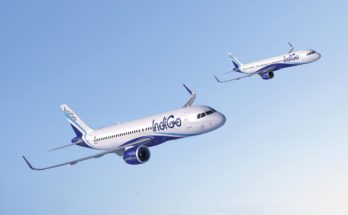
As reported by TASS, in a surprise move, Russia and Roscosmos have agreed to join partner nations in an extension of International Space Station operations. Specifically, Russia agreed to an extension to 2028. With Russian assets currently impounded at Baikonur, some resolution to that situation can be expected.
As previously reported, Russia only launches crewed missions to the ISS from the Baikonur launch site in Kazakhstan. There have been no known launches from Baikonur since Kazakh authorities impounded Russia’s space assets at the site. Therefore, some resolution to this issue is likely underway.
In order to maintain operations to the ISS, the station needs supplies and crews, which Russia and other nations currently accommodate. Previously, Russia only agreed to extend operations to next year. Although other nations have agreed to a 2030 extension, Russia’s continued commitment to 2028 means that it will be a partner to nearly the end of the ISS’s lifetime.
The ISS carries out basic research and scientific experiments in the fields of Earth science, medicine, astronomy, space physics, and solar studies. The ISS has also become a platform to test new technologies in space and for deploying Smallsats into low-Earth orbit. The ISS was once the only space station in orbit; however, China has joined this club with its space station Tiangong.
Forecast International’s Launch Vehicles & Manned Platforms service covers reusable and orbital launch vehicles, and human spaceflight vehicles. The service provides an in-depth analysis of current workhorses like the Ariane 5, Falcon 9, and PSLV, as well as developmental systems like the Ariane 6, Vulcan, and Falcon Heavy. The service also features reports on lightweight launch vehicles such as the Rocket Lab Electron, Vector Space Systems Vector-R, and Virgin Orbit LauncherOne. An annual subscription includes 45+ individual reports, most with a 10-year unit production or funding forecast. For more information, click here.
Carter Palmer has long held a keen interest in military matters and aviation. As an analyst for Industrial & Marine Turbine Forecast, Carter specializes in examining key gas turbine programs for electrical power generation, mechanical drive, and marine propulsion applications. He is also responsible for updating the reports and analyses within the Space Systems Forecast – Launch Vehicles & Manned Platforms and Space Systems Forecast – Satellites & Spacecraft products.



